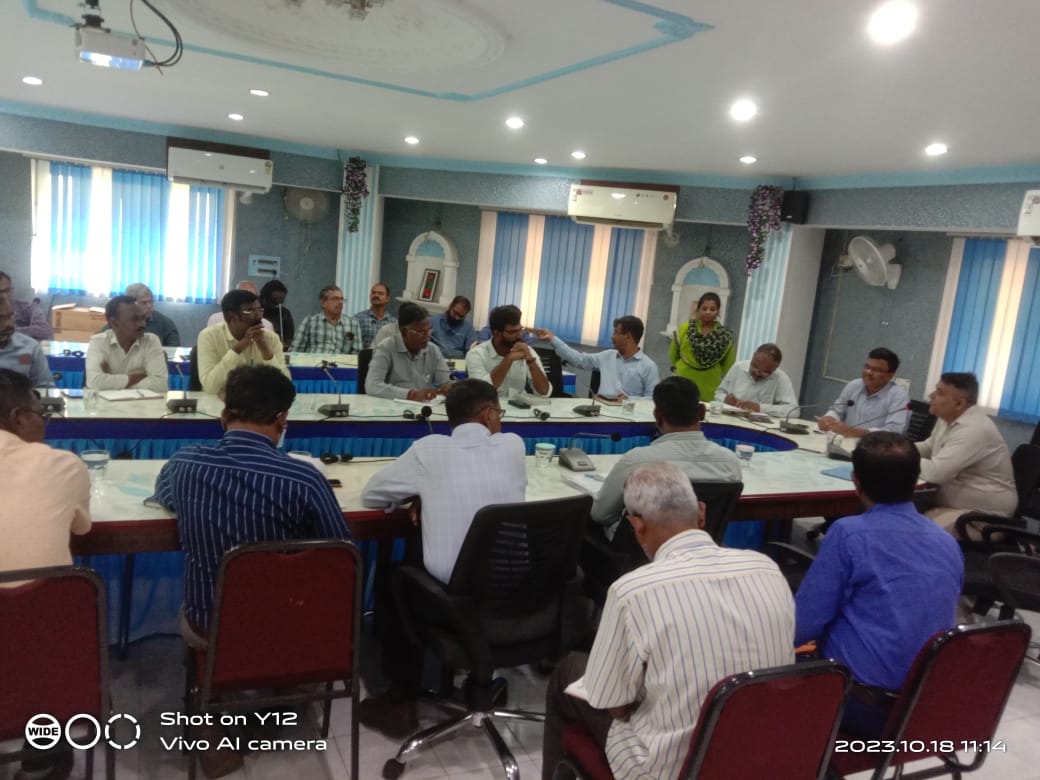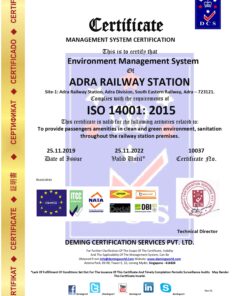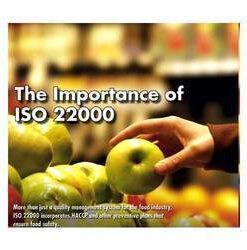Sale!
ISO 37001 ANTI-BRIBERY MANAGEMENT SYSTEMS
Original price was: ₹25,000.00.₹20,000.00Current price is: ₹20,000.00.
Transparency and trust are the building blocks of any organization’s credibility. Nothing undermines effective institutions and equitable business more than bribery, which is why there’s ISO 37001.
It’s the International Standard that allows organizations of all types to prevent, detect and address bribery by adopting an anti-bribery policy, appointing a person to oversee anti-bribery compliance, training, risk assessments and due diligence on projects and business associates, implementing financial and commercial controls, and instituting reporting and investigation procedures.
ISO 37001 is an international standard that specifies requirements and provides guidance for establishing, implementing, maintaining, reviewing, and improving an anti-bribery management system (ABMS). The standard is designed to help organizations prevent, detect, and address bribery in their operations and business dealings.
Here are some key aspects and components of ISO 37001 Anti-Bribery Management Systems:
### Objectives of ISO 37001:
1. **Prevention of Bribery:** Implementing measures to prevent bribery in all business activities.
2. **Detection of Bribery:** Establishing processes to identify and detect potential bribery within the organization.
3. **Reporting and Handling of Bribery Incidents:** Ensuring that there are mechanisms in place for reporting and dealing with bribery incidents appropriately.
4. **Continuous Improvement:** Regularly reviewing and improving the anti-bribery management system to adapt to changes and new risks.
### Key Requirements:
1. **Anti-Bribery Policy:** Organizations should establish a clear and comprehensive anti-bribery policy that outlines their commitment to preventing bribery.
2. **Risk Assessment:** Conducting regular risk assessments to identify potential bribery risks associated with the organization’s activities, partners, and locations.
3. **Due Diligence on Business Partners:** Implementing due diligence procedures for evaluating and selecting business partners, suppliers, and third parties to ensure they adhere to anti-bribery standards.
4. **Training and Awareness:** Providing training and awareness programs for employees and relevant stakeholders to understand the organization’s anti-bribery policy, procedures, and expectations.
5. **Monitoring and Review:** Implementing monitoring and review mechanisms to evaluate the effectiveness of the ABMS and make necessary improvements.
6. **Investigations and Corrective Actions:** Establishing procedures for investigating bribery allegations and taking appropriate corrective actions if bribery is confirmed.
7. **Documentation and Record Keeping:** Maintaining appropriate documentation and records related to the ABMS activities, including policies, procedures, risk assessments, training records, and investigation reports.
### Benefits of Implementing ISO 37001:
1. **Enhanced Reputation:** Demonstrating commitment to ethical business practices can enhance the organization’s reputation and credibility.
2. **Risk Management:** Identifying and managing bribery risks effectively can reduce legal, financial, and reputational risks.
3. **Competitive Advantage:** Having a certified ABMS can provide a competitive advantage in the marketplace, especially when dealing with international partners and customers.
4. **Stakeholder Confidence:** Building trust and confidence among stakeholders, including customers, employees, investors, and regulators, by demonstrating a commitment to anti-bribery principles.
5. **Legal and Regulatory Compliance:** Ensuring compliance with anti-bribery laws and regulations in different jurisdictions where the organization operates.
In conclusion, ISO 37001 provides a framework for organizations to establish and maintain an effective anti-bribery management system, demonstrating their commitment to ethical business practices and compliance with anti-bribery laws and regulations. Implementing ISO 37001 can help organizations mitigate bribery risks, enhance their reputation, and build trust with stakeholders.









Reviews
There are no reviews yet.